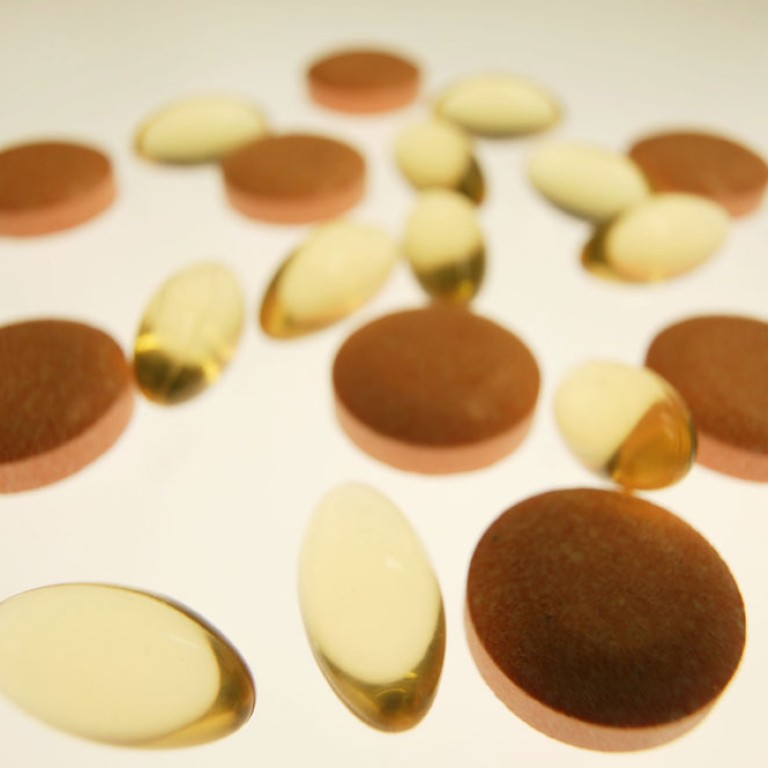
Doubts over vitamin E health benefits
The latest guidelines from the US Preventive Services Task Force update the 2003 edition by adding vitamin E to beta-carotene, a supplement known to be ineffective at preventing the two most fatal diseases in America.
In yet another blow to the US$28 billion vitamin industry, a US task force has urged against taking vitamin E and beta-carotene to ward off heart disease or cancer.
The latest guidelines from the US Preventive Services Task Force update the 2003 edition by adding vitamin E to beta-carotene, a supplement known to be ineffective at preventing the two most fatal diseases in America.
The findings are based on a systematic review of scientific studies which found that vitamin E does not help - and beta-carotene supplements could actually do more harm than good.
"Beta-carotene can be harmful because it increases the risk of lung cancer in people who are already at increased risk for the disease," said task force co-chairman Dr Michael LeFevre.
With regard to other multivitamins, including single or paired supplements, there was not enough evidence to say whether they help or harm one's chances of getting heart disease or cancer.
Despite numerous warnings about the unproven effects of vitamins, consumers continue to believe in them, with about half of US adults saying they take at least one dietary supplement and one-third reporting they take a multivitamin regularly.
Certain sections of the population are advised to take vitamins - such as folic acid for pregnant women or vitamin D for the elderly - but the task force urged most people to simply eat a healthy diet rich in fruits, vegetables, whole grains, low-fat dairy and seafood.
